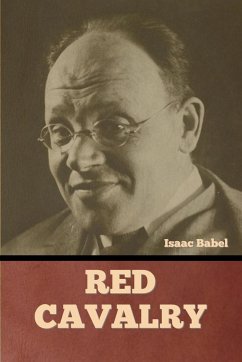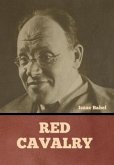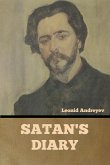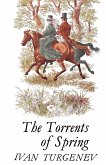Isaac Emmanuilovich Babel (13 July [O.S. 1 July] 1894 - 27 January 1940) was a Russian writer, journalist, playwright, and literary translator. He is best known as the author of Red Cavalry and Odessa Stories, and has been acclaimed as "the greatest prose writer of Russian Jewry." Babel was arrested by the NKVD on 15 May 1939 on fabricated charges of terrorism and espionage, and executed on 27 January 1940. Red Cavalry In 1920, Babel was assigned to Komandarm (Army Commander) Semyon Budyonny's 1st Cavalry Army, witnessing a military campaign of the Polish-Soviet War of 1920. He documented the horrors of the war he witnessed in the 1920 Diary (¿¿¿¿¿¿¿¿¿¿¿¿ ¿¿¿¿¿¿¿ 1920 ¿¿¿¿, Konarmeyskiy Dnevnik 1920 Goda), which he later used to write Red Cavalry (¿¿¿¿¿¿¿¿, Konarmiya), a collection of short stories such as "Crossing the River Zbrucz" and "My First Goose". The horrific violence of Red Cavalry seemed to harshly contrast the gentle nature of Babel himself. Babel wrote: "Only by 1923 I have learned how to express my thoughts in a clear and not very lengthy way. Then I returned to writing." Several stories that were later included in Red Cavalry were published in Vladimir Mayakovsky's LEF ("¿¿¿") magazine in 1924. Babel's honest description of the brutal realities of war, far from revolutionary propaganda, earned him some powerful enemies. According to recent research, Marshal Budyonny was infuriated by Babel's unvarnished descriptions of marauding Red Cossacks and demanded Babel's execution without success. However, Gorky's influence not only protected Babel but also helped to guarantee publication. In 1929 Red Cavalry was translated into English by J. Harland and later was translated into a number of other languages. Argentine author and essayist Jorge Luis Borges once wrote of Red Cavalry, The music of its style contrasts with the almost ineffable brutality of certain scenes. One of the stories-"Salt"-enjoys a glory seemingly reserved for poems and rarely attained by prose: many people know it by heart. (wikipedia.org)
Hinweis: Dieser Artikel kann nur an eine deutsche Lieferadresse ausgeliefert werden.
Hinweis: Dieser Artikel kann nur an eine deutsche Lieferadresse ausgeliefert werden.








